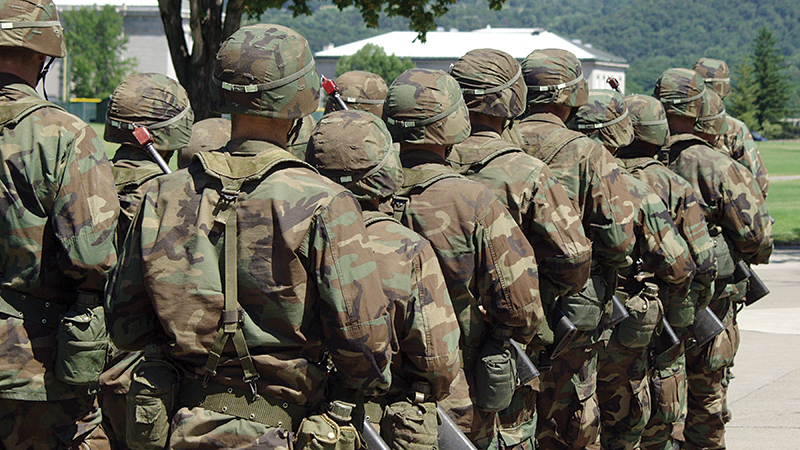
Asgar Zaheer, PhD, the director of the MU School of Medicine’s Center for Translational Neuroscience, has spent four decades studying neurodegenerative diseases such as Alzheimer’s and Parkinson’s and trying to determine what causes them.

“Our main objective is to see how neurotrauma or traumatic brain injuries — which many times are invisible unless they are severe injuries — eventually develop into cognitive dysfunctions,” Zaheer said.
His latest study will examine Army recruits and instructors going through basic training at Fort Leonard Wood near Waynesville, Missouri. During training, they are exposed to explosions, although it’s uncertain whether those cause mild brain trauma.
The researchers will take samples of the soldiers’ fluids and compare them to fluids donated by civilian volunteers. This will provide three distinct groups — those with no exposure to blasts (civilians), those with recent limited exposure (recruits who have spent less than 10 weeks participating in basic training) and those with longer exposure (instructors who have spent as many as three years leading basic training).
Zaheer and his team will examine the fluids and look for signs of neuroinflammation. If they find new biomarkers that indicate brain trauma, they can start research in animal models seeking ways to inhibit those proteins. Potentially, they could reduce the risk of Alzheimer’s or Parkinson’s disease at the source.
“The goal is to see how you can treat injuries quicker so they don’t result in prolonged suffering,” Zaheer said. “If you know a specific biomarker, as soon as the injury occurs, you can take care of it. Chances are, it won’t go further.”
Article Spotlight
Read more stories from MU Medicine Magazine





